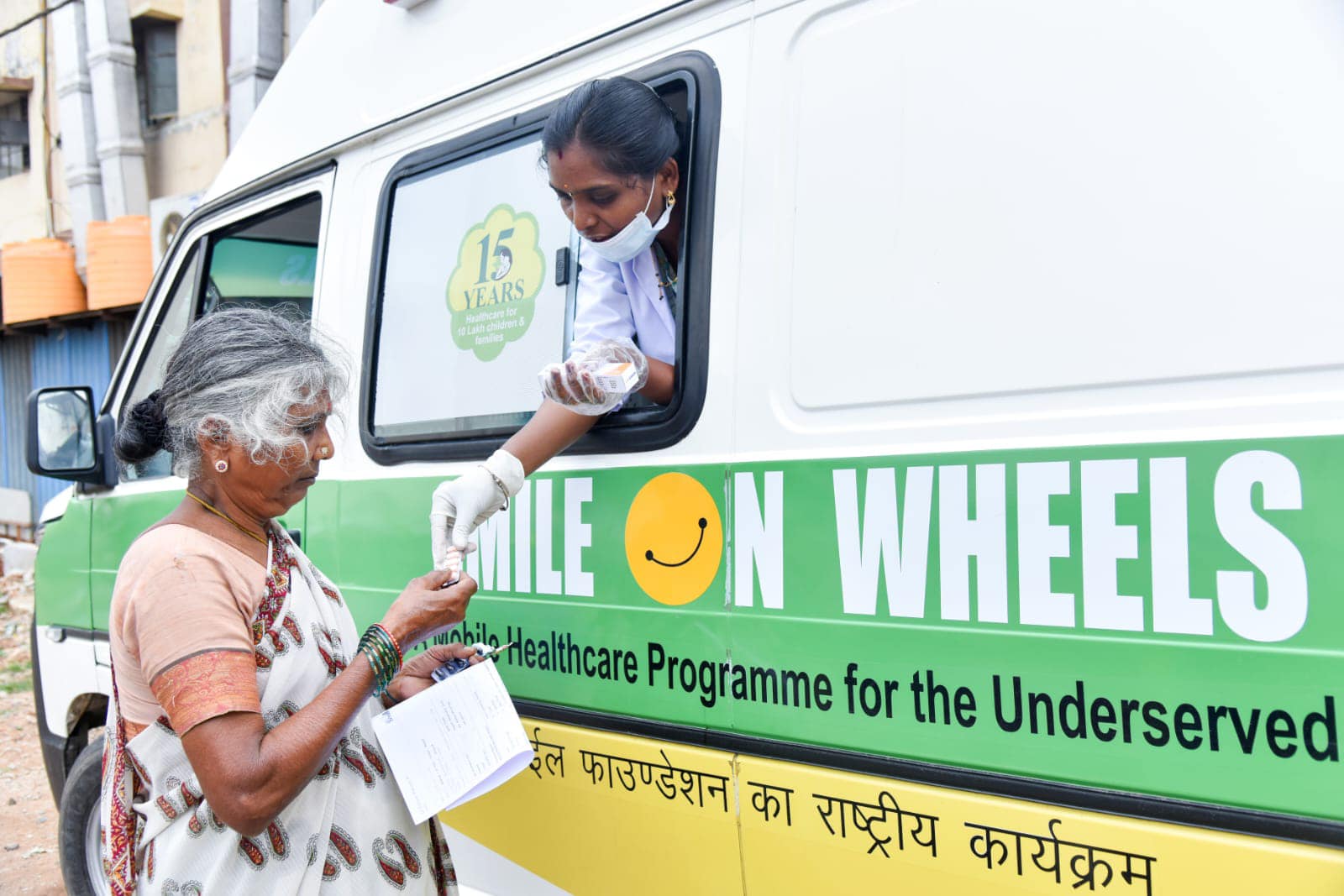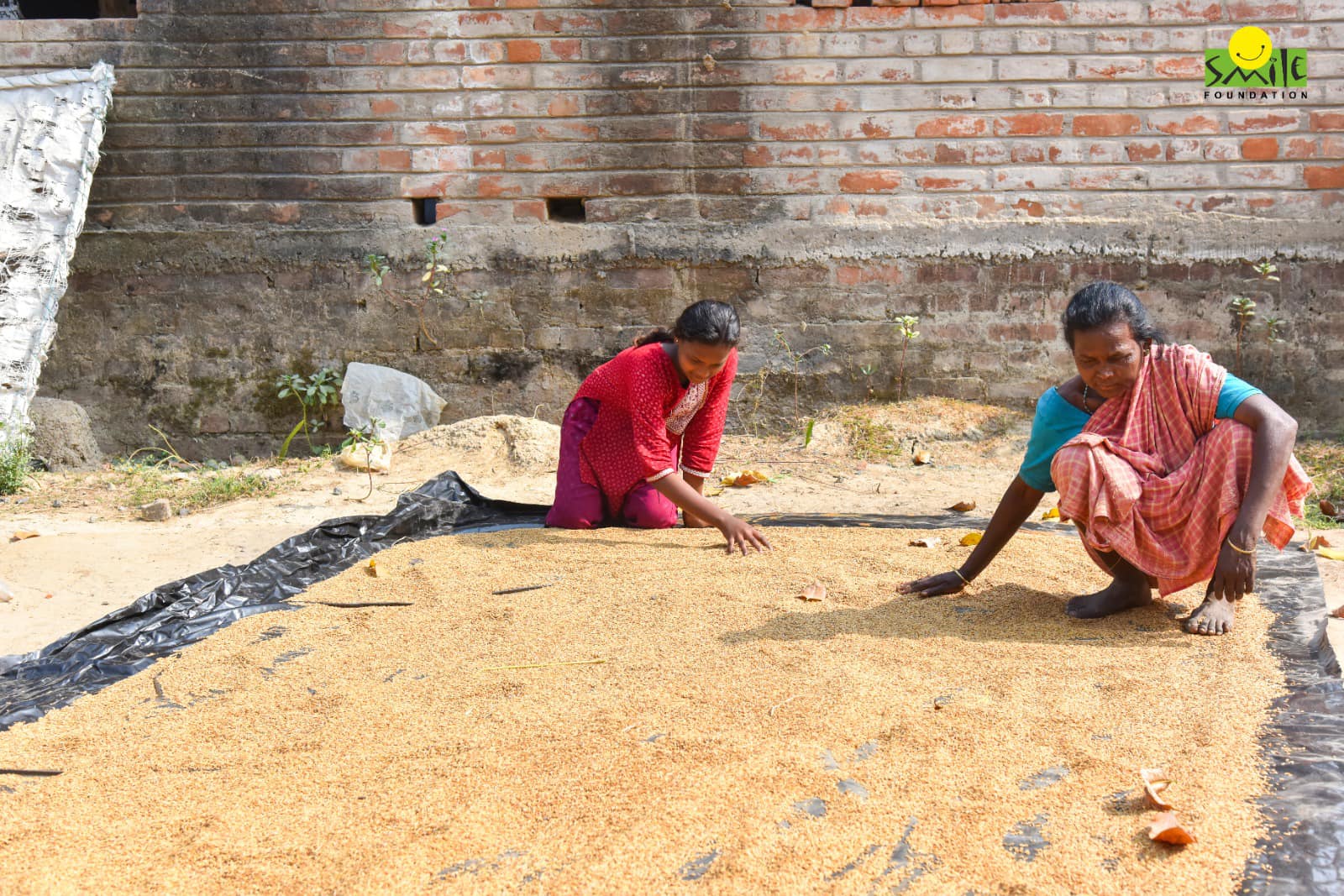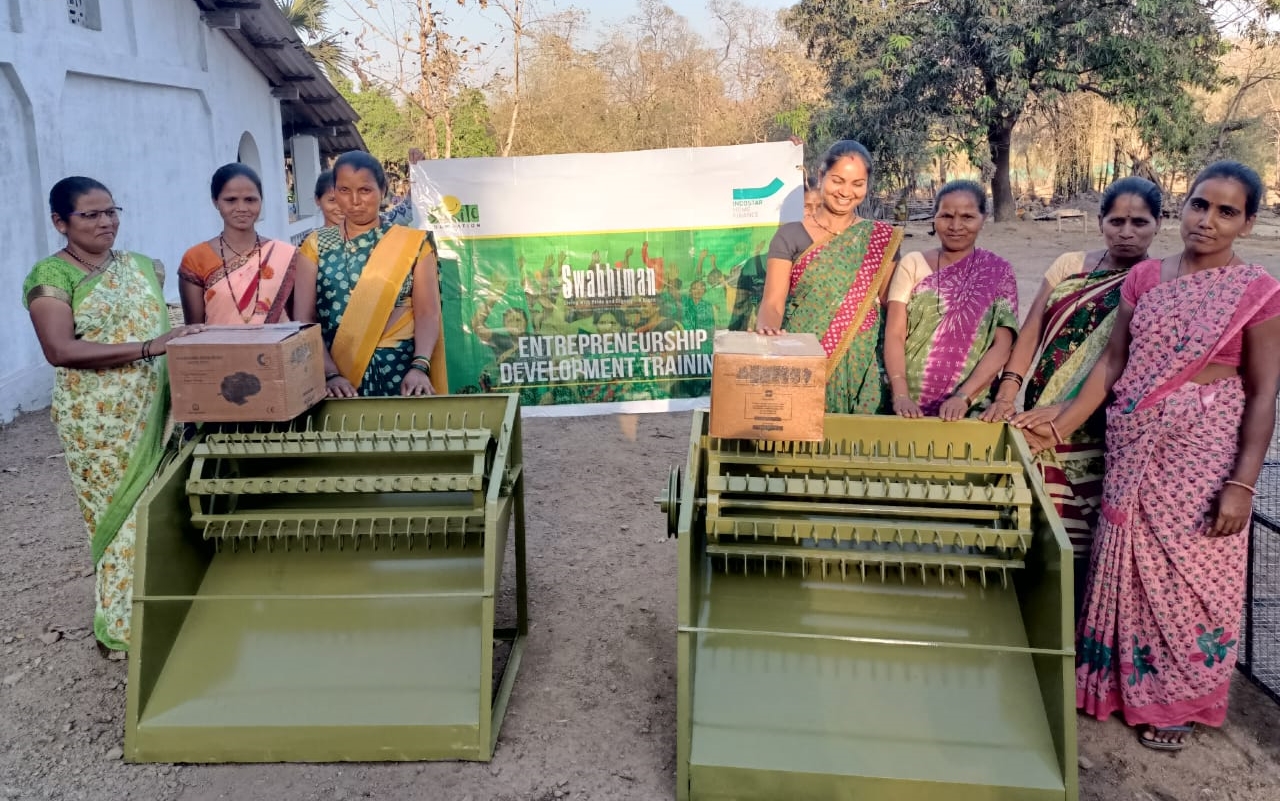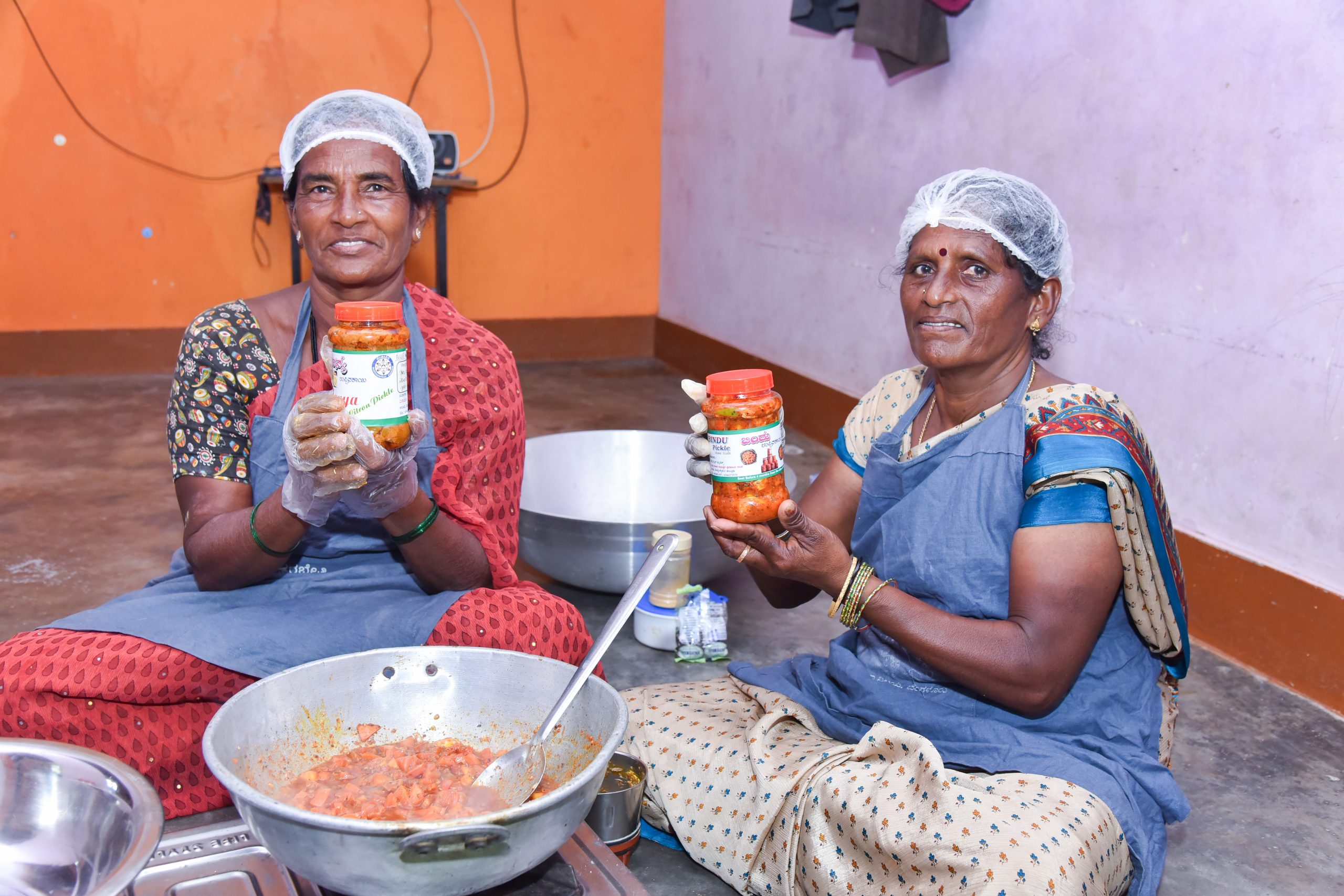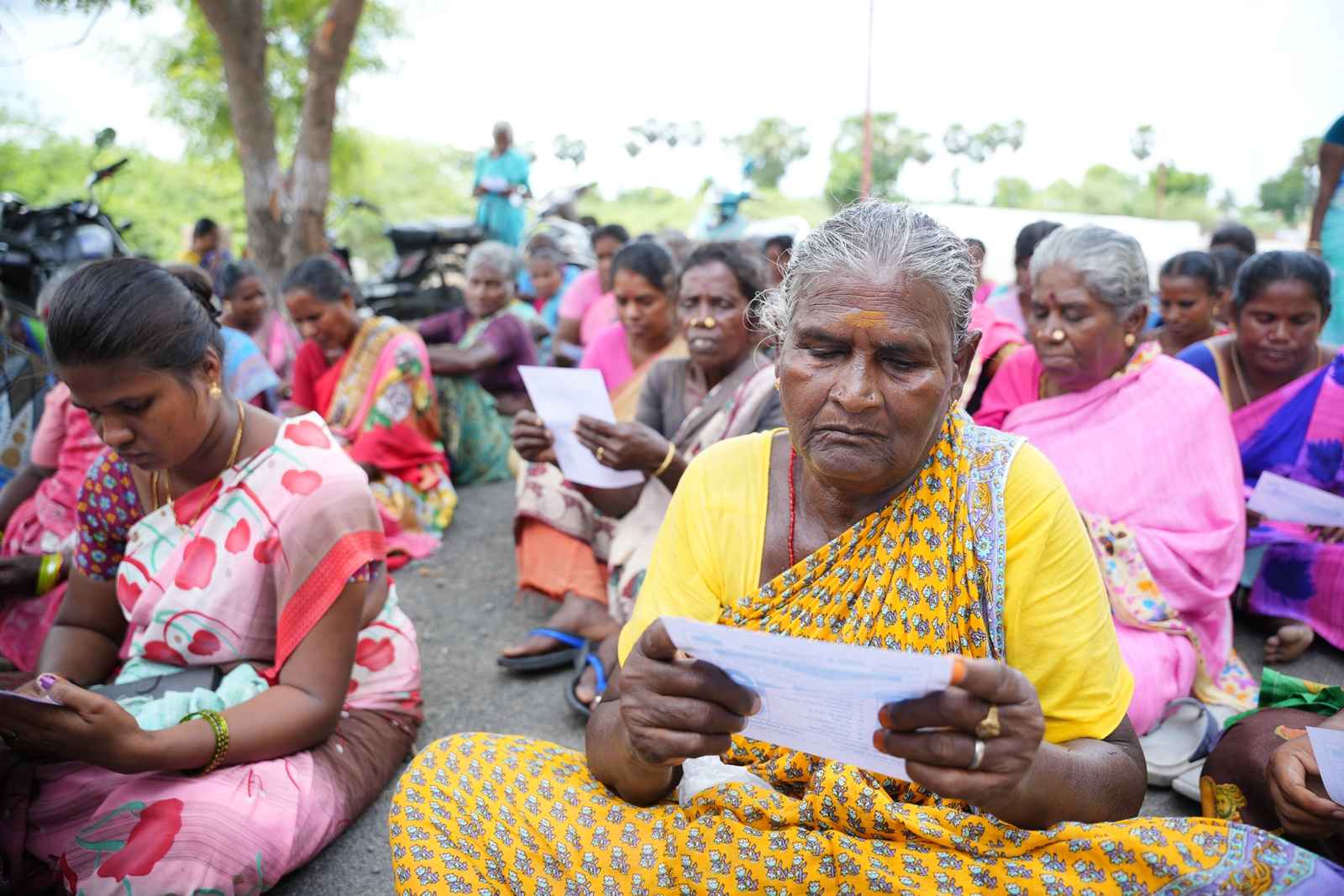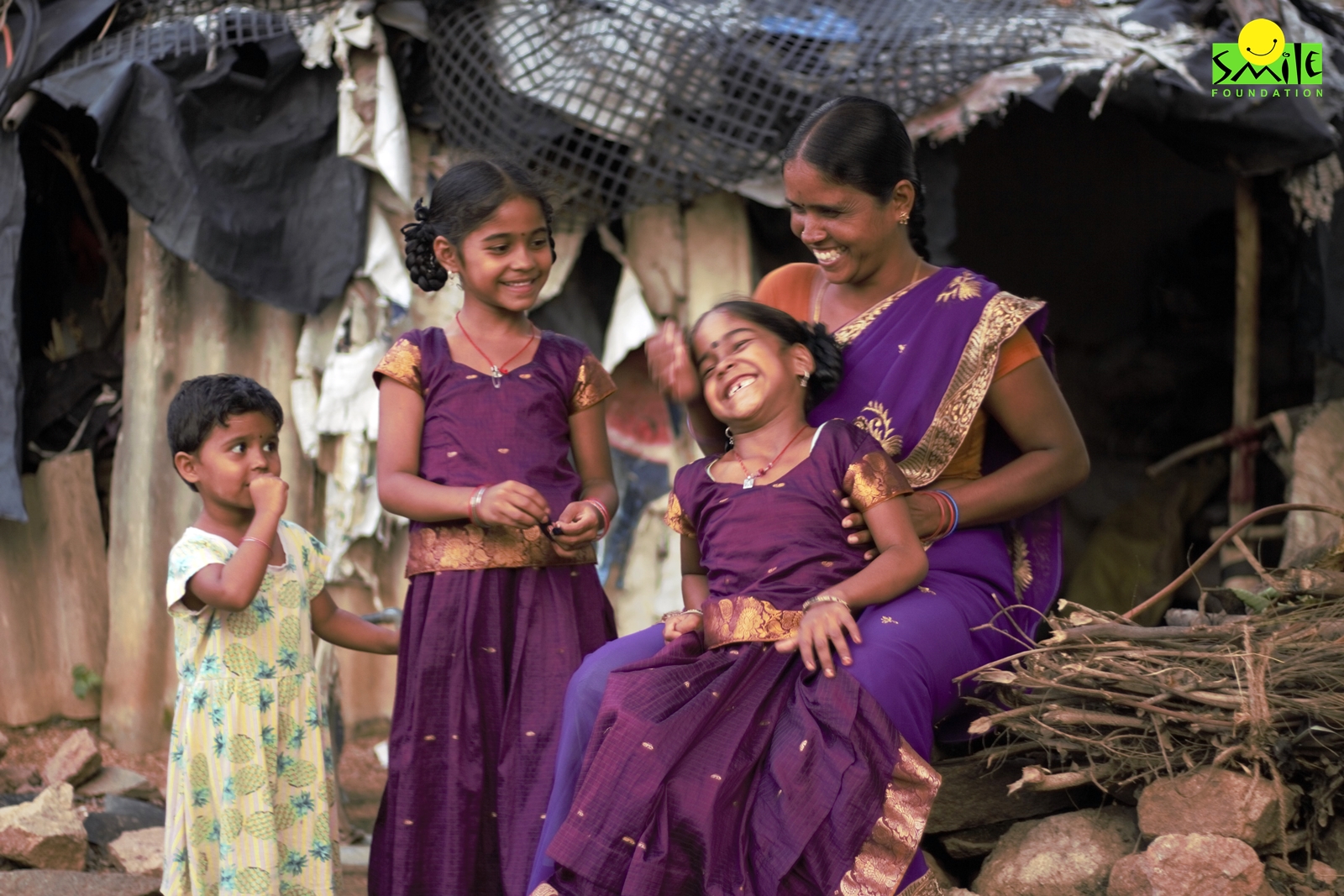Are you aware that the United Nations General Assembly adopted a landmark treaty in 1989 to ensure that children enjoy basic human rights and fundamental freedom? One of the articles of the treaty—the United Nations Convention on the Rights of the Child (UNCRC)—says that children have the right to freely express their views in all matters affecting them and those views should be given due weight in accordance with their age and maturity. But how will the children be able to be empathetic and form an opinion if they are not even aware of the ground reality?
After all, as the saying goes,
‘You can’t teach an old dog a new trick.’
For society to have responsible individuals and changemakers, the sense should be sown at a young age. That’s why it has become increasingly important to sensitise the children about the prevailing differences in society.
Why did we think privileged ones should engage with underprivileged children?
With the intention to inculcate the feelings of empathy and conscience among the children, Smile Foundation launched the ‘Child For Child’ (CFC) programme in 2006, i.e., just a few years after their establishment. We believe children to be the best change agents, not just in their families but also in the communities.
It’s sad that children, who are capable of changing society upside down, are tied to mobile phones and other electronic gadgets. While a section of them enjoys technological advancement as they are forced to breathe the air of ignorance, the other section, mostly from marginalised communities, is struggling even to meet their basic needs. To bridge the gap between these sections, the first and foremost thing that one needs to do is make them aware of the other section through sensitisation.
That’s exactly what Smile Foundation has been doing as a part of the programme. For we believe society sees no sustainable change unless members of privileged society are actively involved in the upliftment process. Not just that, there is also a huge need to channelise the children’s energy and enthusiasm in a positive direction to build a healthy society.
Under the programme, we have been visiting schools and conducting interactive sessions to talk in detail about the inequalities and social discrimination in the society they live in. The children will also be told about the deprivation and pain endured by those from the marginalised communities to have the same access as they have.
Not just that, volunteers also put in their full efforts to make the children realise how blessed they have been to actually have escaped from the plight that underprivileged children go through on a daily basis. It is important to count on our blessings to develop the right attitude and become empathetic towards the underprivileged. For empathy is the spark that ignites the desire to bring about change in the world.
Designing of the unique programme
The ‘Child For Child’ programme has been designed to work at three levels to sensitise children, teachers and parents. Engaging sessions and informative workshops where stories of inspiring change-makers, pioneers and Indian leaders are shared are conducted for children. While seminars and workshops are conducted for teachers, webinars are conducted for parents. We have conducted more than 2,500 value education sessions and sensitised over 3 lakh students studying at more than 1500 schools across the country in the year 2022–23.
To kick-start discussions about vital personal, societal, moral and global issues, we have also been organising a film screening festival for the last then years called Smile International Film Festival for Children and Youth (SIFFCY). Films are an intriguing alternative to start such difficult discussions. This year, more than 50,000 children and youths aged between six and 25 years get to watch over 150 critically acclaimed award-winning movies from 40 countries at the festival that was organised from April 9 at 50 locations besides New Delhi. It is one of the biggest children’s film festivals organised in the country.
Attempting to even out the bumps, the programme has also been organising interactive sessions between privileged and underprivileged children. During the meetup, they celebrate festivals, share experiences, exchange knowledge and learn new skills. These sessions are indeed helping the children to develop friendships beyond the border.
What does feel better if not the words of testimony? One of the supporters, Savita Arora, principal of Bharati Public School, said,
“Smile Foundation sensitised the students and teachers to make the world a better one. Because children who are underprivileged and those who hardly get anything to survive are fed by the foundation.
Educating a person is easy. But concepts with values and the ways values are taught to them are more important. The foundation is doing its best in it.”
Savita is definitely not the lone one to speak well about our work in this field and we hope to engage many more privileged and underprivileged children in the coming years.




